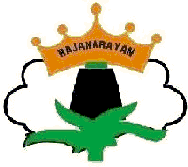|
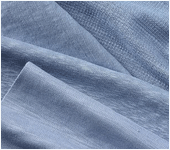
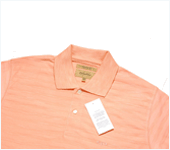
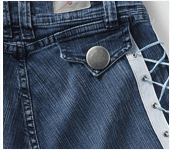
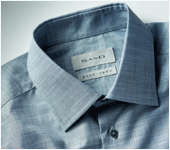
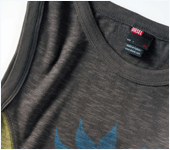
|
What Is Zero-Twist Cotton Yarn?
Zero twist cotton yarn is a term referring to cotton yarn that has a very low twist to it. This type of yarn isn’t spun in the typical way – the fibers are not twisted before they are woven, but are instead put into a synthetic casing that dissolves when the yarn is dyed. Zero twist is wound with Poly Vinyl Alcohol (PVA) to keep the cotton yarn intact during the weaving process. When the yarn is dyed, PVA dissolves, leaving the zero twist yarn. Zero twist towels are constructed from long staple cotton only.
Zero Twist Towels are the plushest types of towel and are naturally soft - while expensive and not as durable, can provide a fast drying time and increased fabric softness.
- The cotton fibers are spun together and made in to yarn. Twisting gives additional strength to the yarn and helps to avoid fraying and abrasion of the fibers.
- In recent years, other types of twists have been developed to increase softness and absorbency of cotton fabrics. By de-twisting yarn, the cotton fibers open up, allowing for these added benefits. De-twisting also allows air to reach the inner parts of the yarn much faster, and decreases the time it takes for the fabric to dry. De-twisting is primarily used on towels and bath linens, and is referred to as zero twist, low twist, quick dry and micro cotton.
Benefits
- Due to the type of open surface that these fibers have, fabrics made with a zero twist weave tend to be very absorbent, fast-drying and insulating. With zero twists of yarn per square inch, the fabric is incredibly plush and sumptuously soft to the touch
Zero twist yarn is 30 percent lighter in total weight than regular twisted cotton, but appears just as bulky as regularly twisted cotton fabrics. Zero twist cotton is good for the environment because it takes less cotton to produce it, and the fabric dries much faster, which saves energy. It is also much softer than regularly twisted fabrics.
Considerations
- Zero twist cotton is more expensive due to the cotton requirements (the long staple fibers of cotton) and the manufacturing process. Zero twist cotton also produces a lot of lint because the fibers are not tightly twisted together. In addition, a zero twist yarn will not have the durability or strength as a regular twisted cotton.
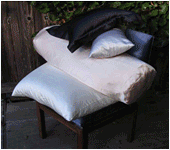 |
|
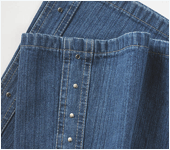 |
|

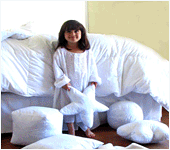
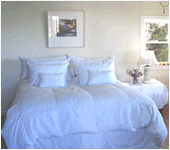


|
